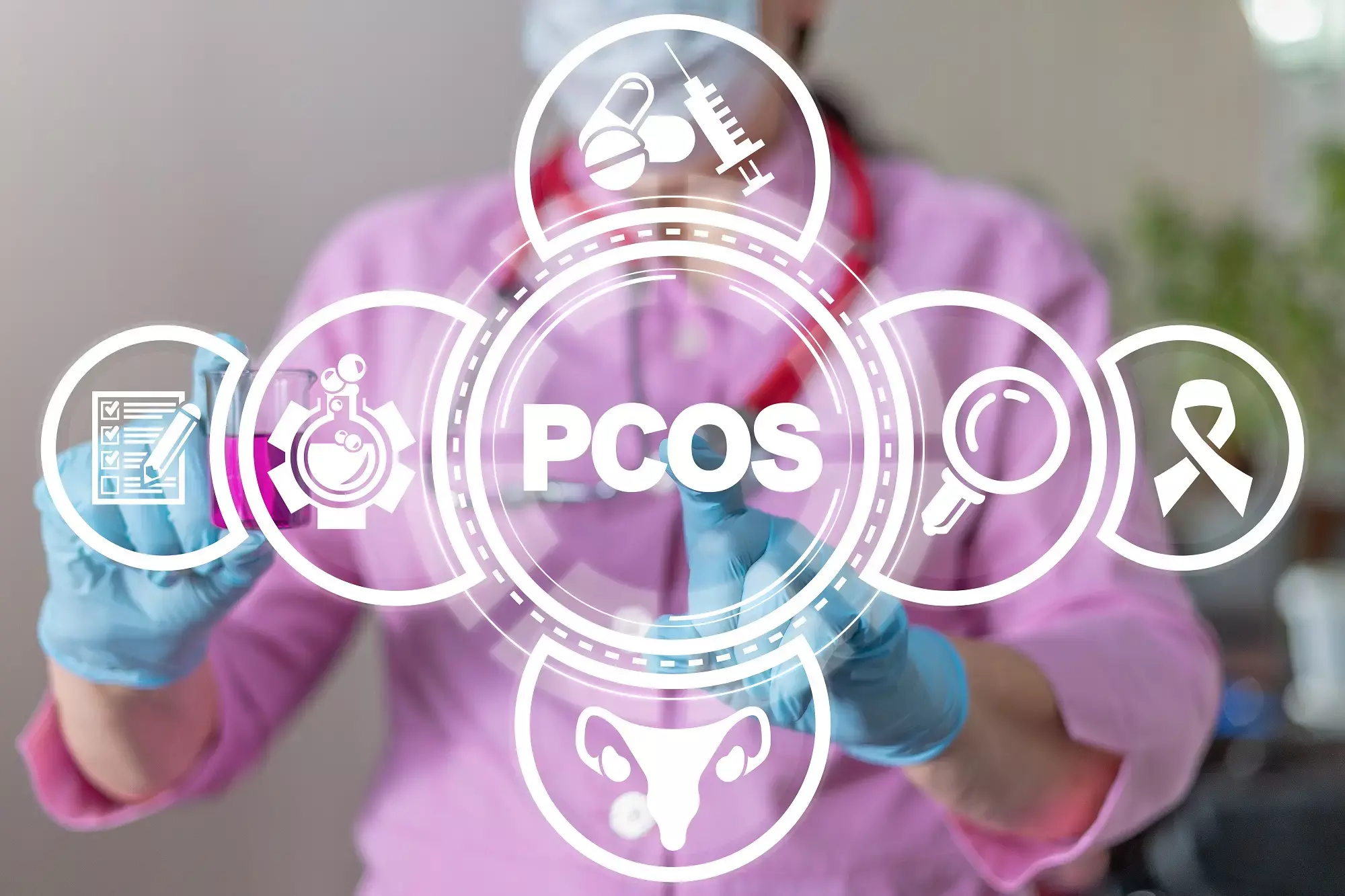- Home
- Medical news & Guidelines
- Anesthesiology
- Cardiology and CTVS
- Critical Care
- Dentistry
- Dermatology
- Diabetes and Endocrinology
- ENT
- Gastroenterology
- Medicine
- Nephrology
- Neurology
- Obstretics-Gynaecology
- Oncology
- Ophthalmology
- Orthopaedics
- Pediatrics-Neonatology
- Psychiatry
- Pulmonology
- Radiology
- Surgery
- Urology
- Laboratory Medicine
- Diet
- Nursing
- Paramedical
- Physiotherapy
- Health news
- Fact Check
- Bone Health Fact Check
- Brain Health Fact Check
- Cancer Related Fact Check
- Child Care Fact Check
- Dental and oral health fact check
- Diabetes and metabolic health fact check
- Diet and Nutrition Fact Check
- Eye and ENT Care Fact Check
- Fitness fact check
- Gut health fact check
- Heart health fact check
- Kidney health fact check
- Medical education fact check
- Men's health fact check
- Respiratory fact check
- Skin and hair care fact check
- Vaccine and Immunization fact check
- Women's health fact check
- AYUSH
- State News
- Andaman and Nicobar Islands
- Andhra Pradesh
- Arunachal Pradesh
- Assam
- Bihar
- Chandigarh
- Chattisgarh
- Dadra and Nagar Haveli
- Daman and Diu
- Delhi
- Goa
- Gujarat
- Haryana
- Himachal Pradesh
- Jammu & Kashmir
- Jharkhand
- Karnataka
- Kerala
- Ladakh
- Lakshadweep
- Madhya Pradesh
- Maharashtra
- Manipur
- Meghalaya
- Mizoram
- Nagaland
- Odisha
- Puducherry
- Punjab
- Rajasthan
- Sikkim
- Tamil Nadu
- Telangana
- Tripura
- Uttar Pradesh
- Uttrakhand
- West Bengal
- Medical Education
- Industry
Men having sister with PCOS have increased risk of adverse cardiometabolic outcomes: Study

A new study published in the Journal of Clinical Endocrinology and Metabolism showed that men who have sisters with polycystic ovarian syndrome (PCOS) are more likely to develop diabetes, high blood pressure, and obesity.
Anovulation, or irregular ovulation, hyperandrogenemia, and/or polycystic ovaries are some of the signs of PCOS, a prevalent endocrine condition that affects 11% to 13% of women globally. PCOS is linked to a number of coexisting cardiometabolic disorders, such as type 2 diabetes, insulin resistance, and cardiovascular disease risk factors including hypertension. There is a male phenotype of PCOS, and previous research has shown hormonal and metabolic abnormalities in both male and female siblings of women with PCOS.
This further supports the idea that PCOS is a metabolic and reproductive condition. In particular, metabolic syndrome, obesity, dyslipidemia, insulin resistance, and epithelial dysfunction were found to be more common in brothers of women with PCOS in earlier research. Brothers of women with polycystic ovarian syndrome are at risk for cardiometabolic dysfunction, according to smaller clinical trials. Therefore, this study was set to examine the risk of poor cardiometabolic outcomes in males who had a sister with PCOS.
Men with at least one sister who were born in Sweden between 1973 and 2013 were tracked from the age of 5 until December 31, 2018 (n = 1,098,203), and possible PCOS diagnoses in the sisters were found. Cox regression was used to assess the risk of receiving a clinical diagnosis of hypertension, type 2 diabetes, or obesity.
In a subgroup, logistic regression was used to determine the relationship between blood pressure measurements taken at ages 18 to 20 and body mass index categories. Parental education and birth year were taken into account in the analyses. When compared to males with unaffected sisters, men who had a sister with PCOS were more likely to be obese, have type 2 diabetes, and have high blood pressure.
Having a sibling with PCOS (n = 2970) was linked to being overweight and obese but not having high blood pressure in the subcohort assessed at ages 18 to 20 (n = 147 802).
Overall, men who have sisters with PCOS are more likely to experience negative cardiometabolic disorders starting in their early adult years. These findings advance our understanding of how PCOS affects families and identify a patient population that might profit from focused early screening to avoid and lessen the long-term health effects of cardiometabolic disorders.
Reference:
Kanina, A., Stener-Victorin, E., Butwicka, A., Öberg, A. S., Rosenqvist, M. A., & Cesta, C. E. (2025). Adverse cardiometabolic outcomes in men with sisters with polycystic ovary syndrome. The Journal of Clinical Endocrinology and Metabolism. https://doi.org/10.1210/clinem/dgaf121
Neuroscience Masters graduate
Jacinthlyn Sylvia, a Neuroscience Master's graduate from Chennai has worked extensively in deciphering the neurobiology of cognition and motor control in aging. She also has spread-out exposure to Neurosurgery from her Bachelor’s. She is currently involved in active Neuro-Oncology research. She is an upcoming neuroscientist with a fiery passion for writing. Her news cover at Medical Dialogues feature recent discoveries and updates from the healthcare and biomedical research fields. She can be reached at editorial@medicaldialogues.in
Dr Kamal Kant Kohli-MBBS, DTCD- a chest specialist with more than 30 years of practice and a flair for writing clinical articles, Dr Kamal Kant Kohli joined Medical Dialogues as a Chief Editor of Medical News. Besides writing articles, as an editor, he proofreads and verifies all the medical content published on Medical Dialogues including those coming from journals, studies,medical conferences,guidelines etc. Email: drkohli@medicaldialogues.in. Contact no. 011-43720751


